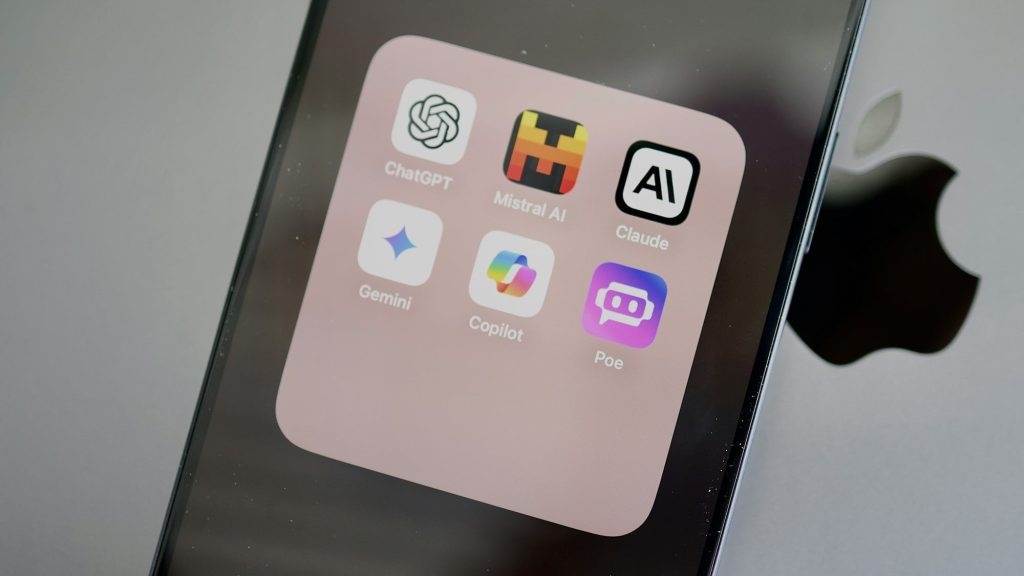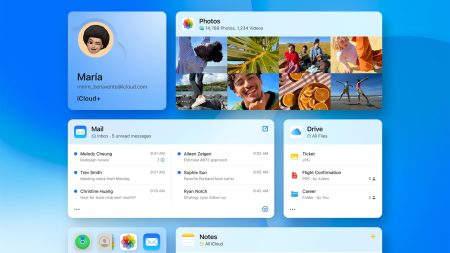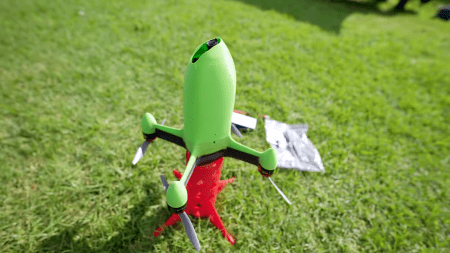You can’t miss the recent and rapid rise of generative AI chatbots, with more and more of these apps opening up their doors to users—and pushing their way into the software and hardware we use every day.
In the same way you can choose your favorite email provider or music streaming app, you can now pick your favorite AI chatbot too. To give you some idea of which one’s right for you, we’ve put three of the biggest ones to the test here.
There are several more besides these to consider, including Perplexity and Claude, but for now we’re focusing on the three most well-known names in the space: Microsoft’s Copilot, ChatGPT from OpenAI, and Google Gemini.
As well as giving you the basics of each bot, we’ve also run three standard tests for each one. Find out how these AI engines performed with “a free and easy game idea for a 5-year-old’s birthday party,” “a new smartphone app idea that’s likely to appeal to a lot of people, complete with a name,” and “tell me how to reset macOS and what I need to bear in mind before I do”.
For the purposes of this guide, we compared the free AI models on each of these chatbots at the time of writing, rather than the paid-for versions.
Microsoft Copilot
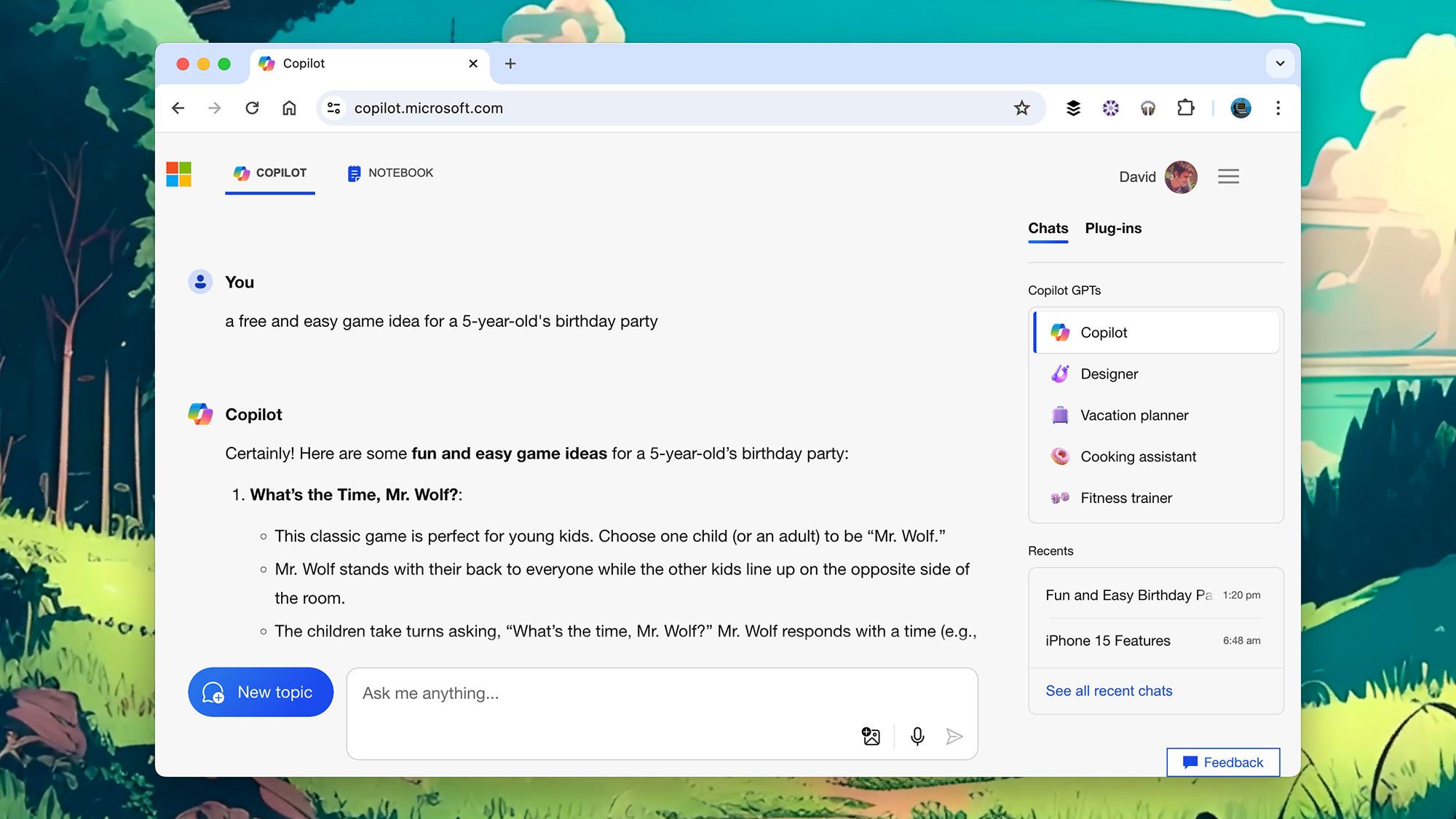
Available on: Web, Windows, Android, iOS
Pricing: Free or $20 a month (priority access to newer models)
Features: Text, images, code, documents
You’ll find Copilot in just about everything Microsoft does now—Bing, Windows, OneDrive—and it’s also available in web app and mobile app form. You don’t even need to register an account to use it, though your usage allowance is limited if you don’t sign in with your Microsoft credentials.
Copilot uses Microsoft’s Bing search engine seamlessly, and many responses have web links attached as citations—very handy if you want to make sure the AI isn’t hallucinating. It’s also friendly and conversational in tone, offering a bunch of suggestions for prompts whenever you open it up.
The AI engine underpinning Copilot is actually OpenAI’s GPT-4 (at least until Microsoft develops its own), but the tools are different in several ways—including the three chat settings you get to tweak the text output of Copilot: More Creative, More Balanced, and More Precise.
As for our challenges, Copilot suggested What’s the Time, Mr. Wolf? for our 5 year olds, and a virtual interior design augmented reality app for smartphones—though it didn’t give us a name for it, instead telling us to “get creative” with the name.
When it came to the Mac reset, the instructions were spot on, and apparently (according to the citations) pulled straight from the Apple support website. We were told to back up all our data too, which is the right approach.
Copilot is the obvious choice if you’re already embedded deep in the Microsoft ecosystem. It works well at referencing relevant information from the web, and provides citation links that are clear and straightforward to follow.
OpenAI ChatGPT
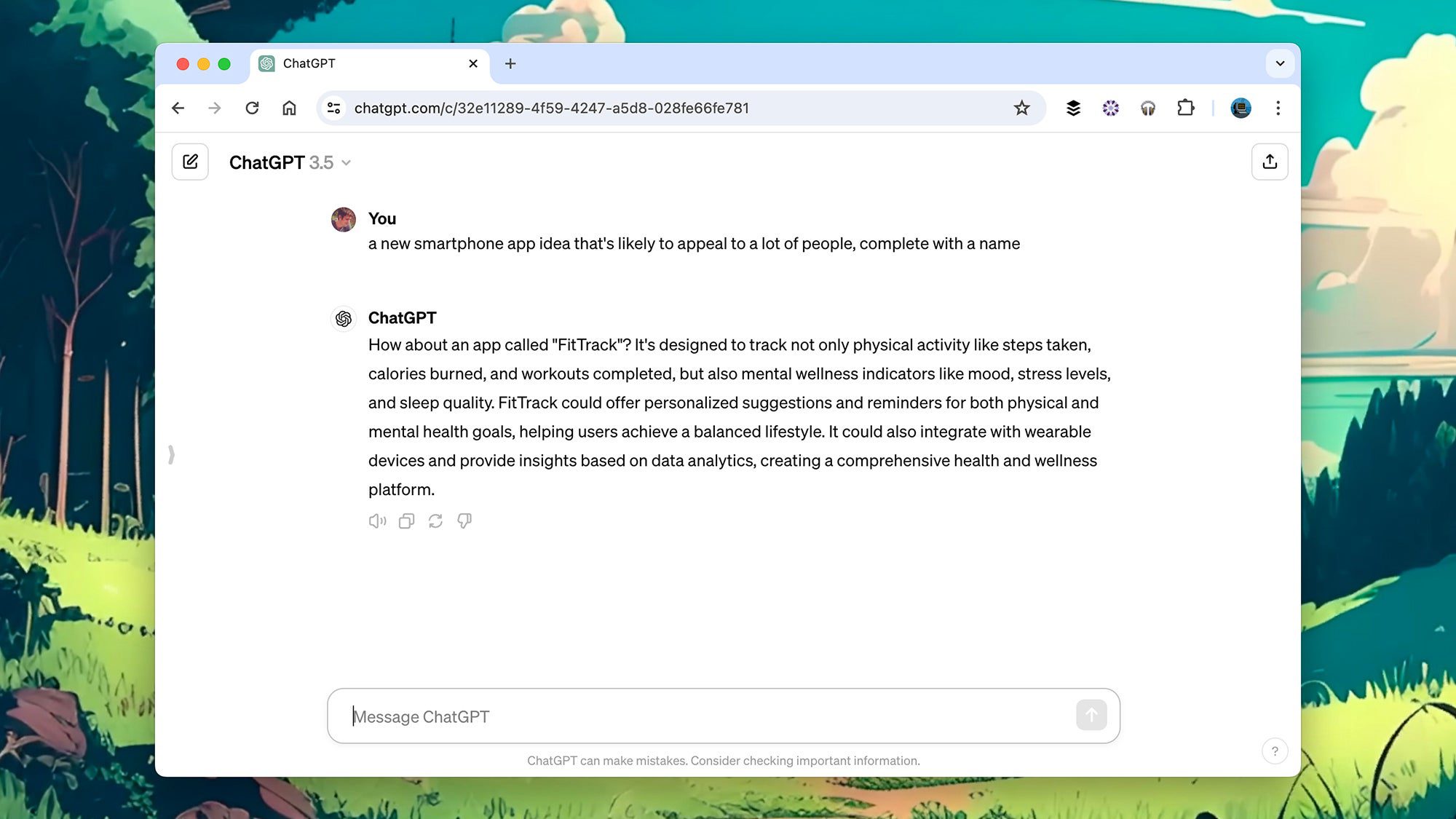
Available on: Web, Android, iOS
Pricing: Free or $20 monthly for newer models and more features
Features: Text, pictures, code, files
It seems like ChatGPT has been leading the way in generative AI, but is it really much better than the competition when you actually use it? You can access it on the web on any computer or through the mobile apps on Android and iOS.
There's a big difference between the free version of ChatGPT and the $20 per month Plus version—subscribers get features like image generation and document scanning. A subscription also allows users to create their own GPTs, customize prompts, and use their own data. ChatGPT Plus also provides access to the latest GPT-4 models, while the free GPT-3.5 model is a good entry point into AI chatbot conversations. It's quick and versatile, but it doesn't provide web links like Copilot does to verify what you're reading.
ChatGPT Plus also grants access to the most recent GPT-4 models, while the free GPT-3.5 model is a good entry point into AI chatbot conversations. It's fast and versatile, but it doesn't provide web links like Copilot does to verify what you're reading.
One of the main reasons to choose ChatGPT as your chatbot is its cutting-edge AI development, with regular feature updates. However, it's most impressive when paid for, so it may not be the best choice for those on a budget.
The bot did fairly well on the challenges: The game suggestion was musical statues , but with a themed twist to the music, like superheroes or animals, which is a nice concept. The macOS reset instructions were quite detailed and mentioned backups, but they were a bit outdated—GPT 3.5 was only trained on data up to January 2022.
As for the smartphone app suggestion, ChatGPT proposed something called FitTrack, which would track physical and mental metrics for a holistic view of health and well-being—not the most original idea, but at least it was well thought out (and ChatGPT included a name).
Google Gemini
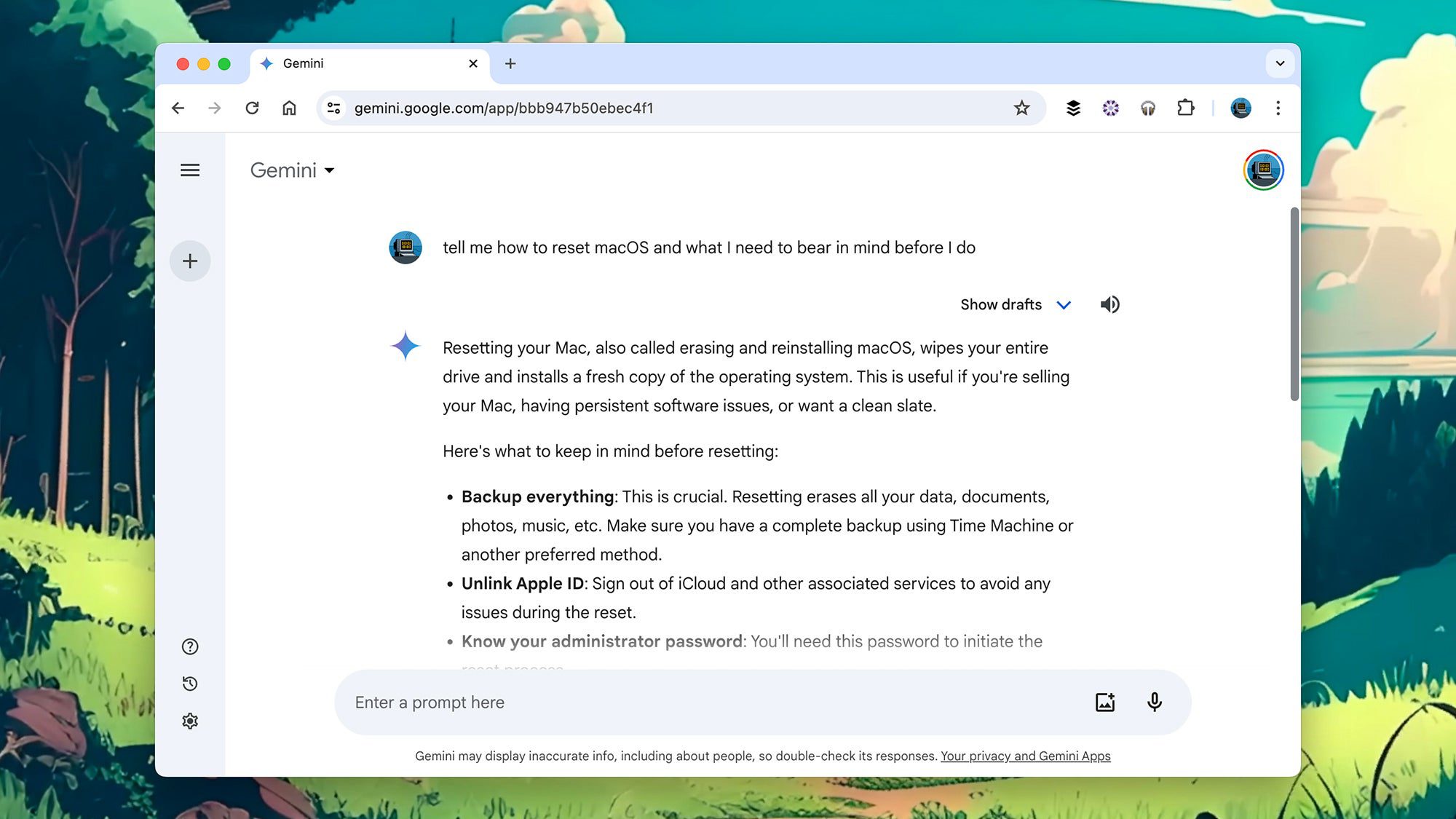
Available on: Web, Android, iOS
Pricing: Free or $20 monthly for newer models and better integration with Google’s other apps
Features: Text, images, code
Finally, we have Google Gemini (formerly known as Google Bard), which is available as a web app, a standalone Android app, and in the Google app for iOS. Once again, there are two plans, free and paid, but the paid plan ($20 per month) is part of Google One—so it includes extras such as cloud storage.
When using the product, paying a monthly fee gives you access to a newer, smarter model (also called Gemini). In some cases, you may not notice the difference, but in others—like coding or math—you probably will.
Regardless of which version of Gemini you choose, the interface is very similar to ChatGPT, with previous conversations on the left side of the screen. Linking to previous conversations is easy, and we appreciate being able to see multiple draft responses for the same prompt (even if the drafts are often very similar).
If you already use a lot of Google products, Gemini is a sensible choice, much like Copilot and Microsoft. You may have already used it through Google Docs or Gmail. You may have used Gemini through Google Docs or Gmail.In terms of the answers and the interface, however, Gemini is more similar to the OpenAI offering—more efficient but not as friendly as Copilot.
When we asked Gemini about resetting macOS, it gave an answer that made sense, following ChatGPT's lead. However, it didn't consider the latest Apple Silicon Macs. Like Copilot, it provided a source link for checking—the Apple support website, unlike ChatGPT.
Gemini suggested an app called Swap & Share Shelf for lending items to neighbors, which is a decent idea. It also suggested the party game pin the tail on the donkey, but with a magical creature instead of a donkey, like the ChatGPT idea—a twist on an old classic.
We didn’t aim to determine an outright winner through this comparison. Copilot, ChatGPT, and Gemini are all fairly matched. You can use them for free and decide which suits your needs better. In our testing, Copilot offers the most AI functionality without payment, ChatGPT is the most competent AI if you pay for it, and Gemini is the one to choose if you’re already a fan of everything Google does.





